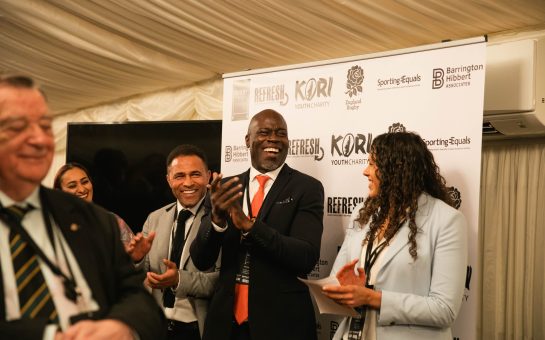Hammersmith and Fulham, Kensington and Chelsea and Westminster looking to amalgamate services.

The London Boroughs of Hammersmith and Fulham, Westminster, and Kensington and Chelsea look set for a radical reinvention.
They aim to commission better services, reduce management costs and cut overheads to protect frontline services, mostly by amalgamating services.
The proposals, which have the blessing of Communities Secretary Eric Pickles, follow the Tri-Borough Proposals Report: Bold Ideas for Challenging Times, written by the Chief Executives of the councils.
The three Conservative-run councils are initially developing combined services mainly in the areas of adult and children services – adoption, early years healthcare and education, social care and other things.
The man responsible for this grand scheme is Andrew Christie – the first tri-borough head of children’s services.
From next week, he will be responsible for a budget of £500m and take control of 150 schools and the outsourcing of commissioned services.
Initially projected savings were £100million over three years, but have since been reduced to £35million.
However, Mr Christie does not seem fazed by the size and ambition of the scheme, pointing to the success of merged children’s services in Birmingham in an area twice as big.
He claims the scheme will deliver a new dynamic way of running this part of our world city.
The ‘challenging times’ the proposal speaks of refers to the coalition government’s first priority to reduce the deficit in the UK economy by cutting Quangos, their resources and ‘bureaucracy’ in general.
Some will no doubt question how much these measures truly do represent a positive change and how much they are a mere PR stunt to cover up cuts imposed on the councils.
All three councils involved will retain their sovereignty under the plans, which may prove a sticking point as Mr Christie will have to deal with three different cabinet members and scrutiny committees.
“We are bringing together three different organisations, three different cultures. We have to work with three different sets of masters and mistresses. It’s probably the most unusual characteristic and probably the most complicating aspect,” Mr Christie said.




